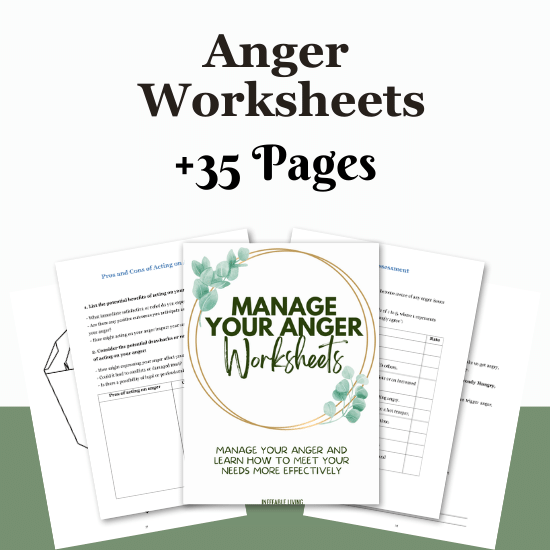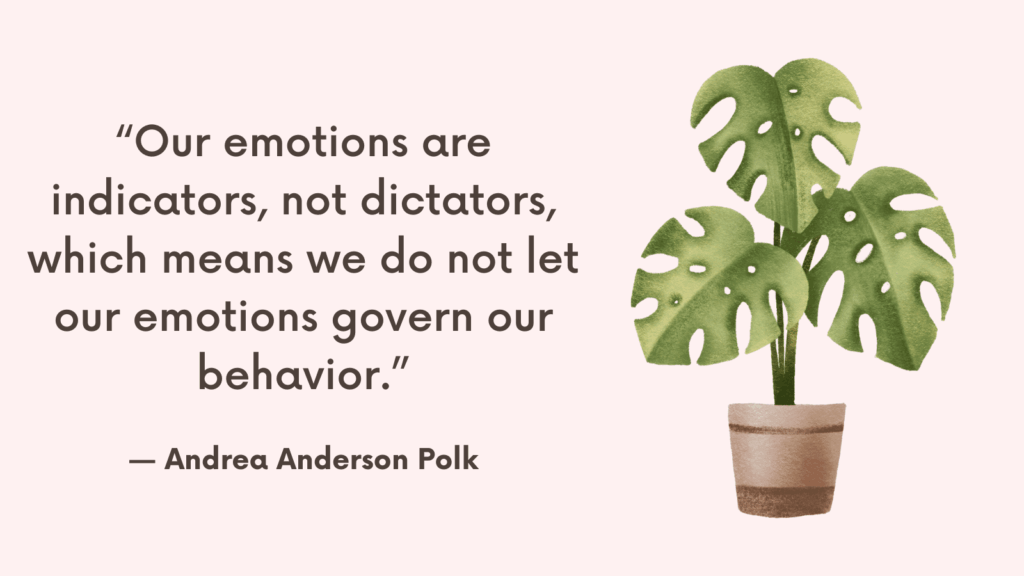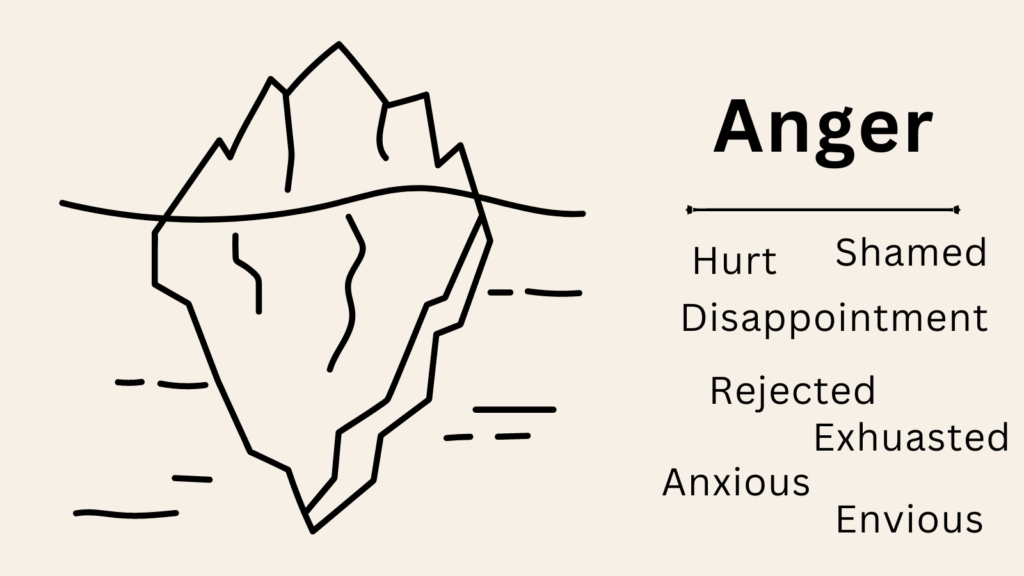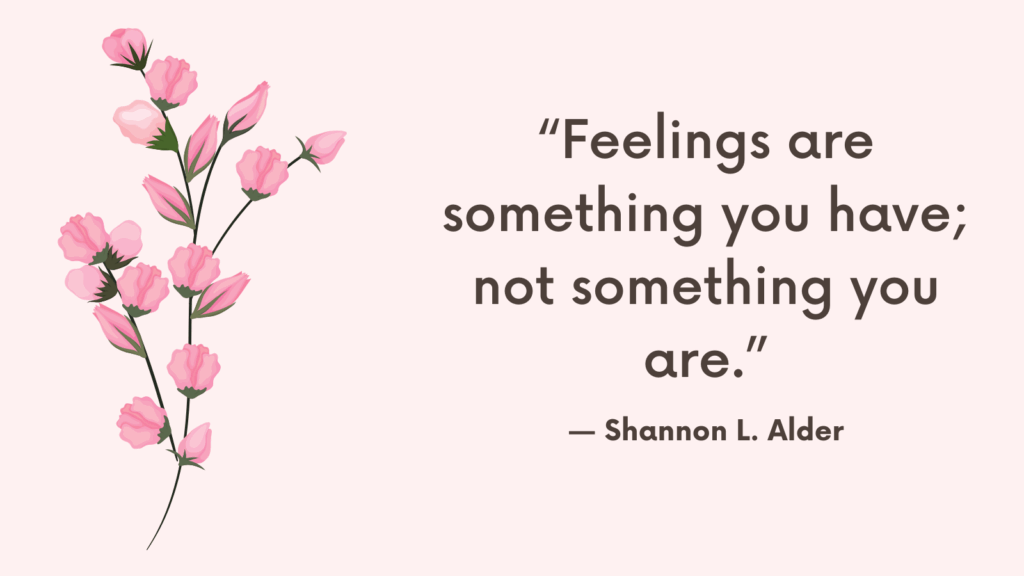Reacting in the heat of the moment — with anger, defensiveness, or panic — can often make situations worse and leave you feeling regretful or emotionally drained. But between a trigger and your response, there’s a powerful space: the pause. Learning to pause doesn’t mean suppressing your feelings — it means creating space to respond with intention instead of impulse. Here’s how to build that skill in everyday life.
Why You React Instead of Pause
Reacting quickly—especially when emotional—is often a survival instinct. Your nervous system is trying to protect you, not sabotage you. But when it becomes automatic, it can lead to regret, misunderstandings, or emotional overload. Common causes include:
- Unprocessed past experiences that get activated in the present
- Stress overload, leaving no space for reflection
- Sleep deprivation or burnout, which shorten your emotional fuse
- Lack of self-trust, making you feel defensive or overly urgent
- Perfectionism or fear of being wrong, which triggers instant justification
In short, your brain isn’t broken—it’s overwhelmed.
Common Triggers That Shorten Your Patience
Some moments act like switches, cutting off your ability to slow down. These triggers are often tied to past wounds or current emotional needs. Watch for:
- Feeling unheard, dismissed, or ignored
- Being interrupted or talked over
- Getting unexpected criticism—even if it’s minor
- Dealing with someone else’s big emotions (especially anger or tears)
- Being asked to do something when you’re already stretched thin
When these occur, your brain may go into fight, flight, or fix mode.
Related: How to Identify Your Emotions?
How to Master the Pause Before Reacting?
1. Recognize Your Personal Reactivity Signals
Before you can pause, you need to know when a reaction is coming.
Look for signs like:
- A tight chest or clenched jaw
- Racing thoughts or heart rate
- The urge to speak quickly or interrupt
- An emotional surge (anger, fear, shame, defensiveness)
Why it matters: These physical and emotional cues are early warning signs. Naming them gives you a window to intervene.
2. Use a Grounding Anchor Phrase
In the moment, mentally say something that reminds you to slow down.
Try:
- “I don’t have to respond yet.”
- “Pause. Breathe. Choose.”
- “Let’s not decide from stress.”
Why it works: This short phrase interrupts automatic patterns and brings your focus inward — toward clarity, not reaction.
3. Take a Breath — Literally
Before you speak or act, inhale slowly through your nose and exhale through your mouth.
Even one deep breath creates a shift in your nervous system from fight-or-flight to a more grounded state.
Why it helps: It slows your heartbeat, calms your mind, and creates just enough space to choose a calmer response.
4. Give Yourself Permission to Wait
Not everything needs an instant answer. You can say:
- “Let me think about that for a moment.”
- “I want to respond clearly, not react impulsively.”
Why it matters: Buying time isn’t avoidance — it’s emotional regulation. Delayed responses are often more thoughtful and less emotionally charged.
5. Visualize the Outcome of Reacting vs. Responding
Ask yourself: If I react now, what will happen? If I respond later, what could be different?
Play the tape forward — even just 30 seconds — and notice what you’re trying to protect or prove.
Why it’s powerful: This reframes the moment and reconnects you to your long-term goals, not just short-term emotion.
Related: 12 Ways to Express Emotions Clearly & Effectively
6. Practice in Low-Stakes Moments
You don’t have to wait for a major conflict. Practice pausing before replying to texts, emails, or even casual comments.
The more you build this muscle in daily life, the easier it becomes in stressful situations.
7. Reflect, Don’t Suppress
The pause isn’t about pushing feelings away. It’s about holding space to understand them before acting on them.
After the moment passes, ask:
- What was I feeling?
- What did I need?
- What would have helped me pause more easily?
8. Celebrate the Win (Even If It’s Messy)
If you managed to pause — even for a second — that’s progress.
If you paused but still reacted, that’s awareness. The goal isn’t perfection — it’s less reactivity, more presence.
Related: Beyond Just Anger: How to Manage Intermittent Explosive Disorder?

Conclusion
Mastering the pause is one of the most powerful emotional skills you can build. It protects your relationships, your energy, and your peace. Over time, the pause becomes your power — the space where you stop surviving the moment and start shaping it.



